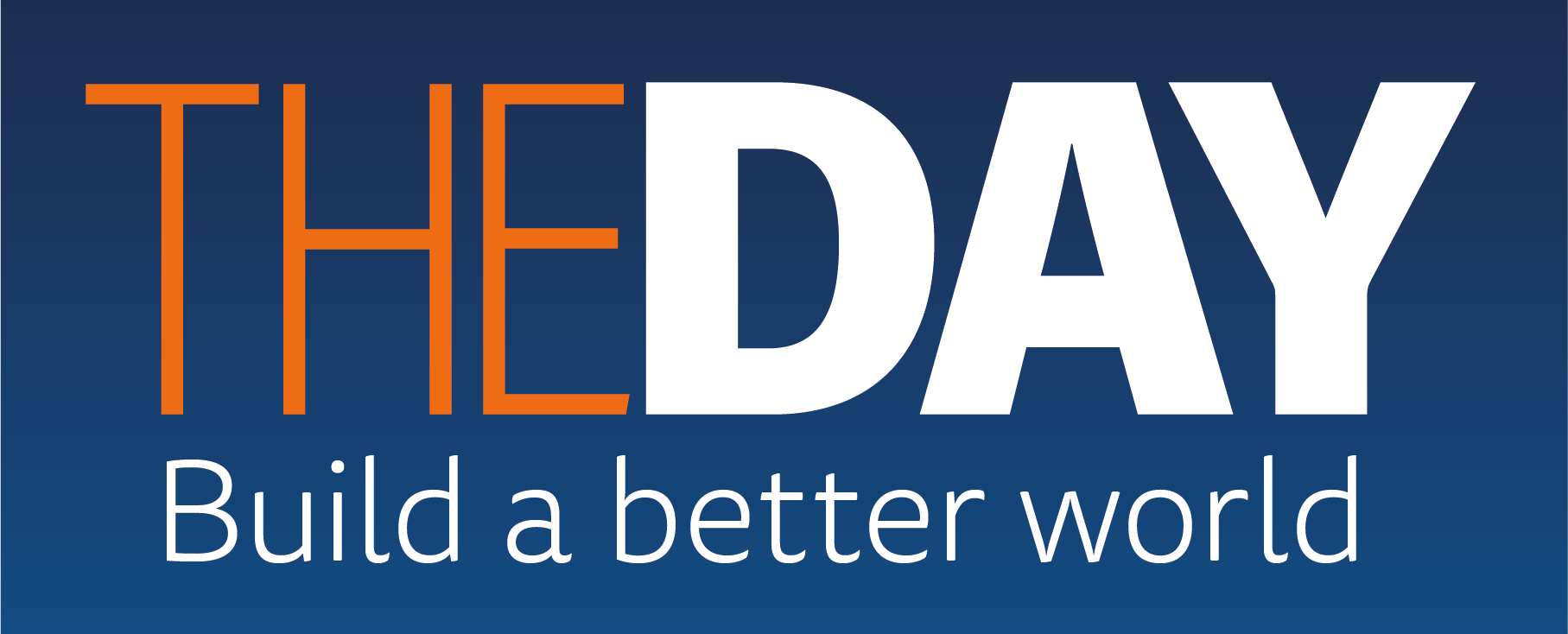Reading and Literacy
To use the power of reading and writing to secure equal opportunities for all learners whilst exploring 'life in all its fullness' (John 10:10)
- Reading brings wisdom, knowledge and skills
- Reading brings hope and aspiration
- Reading joins communities to live well together with dignity and respect
Our school community is committed to exploring Reading and Literacy; including the promotion of advocacy in line with our vision to “go and do likewise”
“Literacy is a key lever of change and a practical tool of empowerment on each of the three main pillars of sustainable development: economic development, social development and environmental protection.” Former UN Secretary-General, Kofi Annan.
At The Piggott our Priorities in 2022/2023 will be :
- Leading/Embedding disciplinary literacy
- Reading for pleasure and wider reading
- Reading for learning
- Building vocabulary within the curriculum
- Wider writing and writing in subject disciplines
- Talk for learning (oracy)
- Managing literacy interventions
- Links to references and further reading
Reading
“The more that you read, the more things you will know. The more that you learn, the more places you'll go.” Dr. Seuss, I Can Read With My Eyes Shut!
Why is reading so important?
Reading can open children’s eyes to the wider world. It can promote them to ask the big questions and deepen spiritual growth.
Whether or not reading is something we enjoy, we cannot deny that the ability to read is a fundamental skill and to be able to read with confidence is very important. In a world where there are so many other things we could be doing with our time, reading often falls to the bottom of the pile. With a screen to entertain us, why would anyone take the time to pick up a book? Here is why……
- Reading increases vocabulary and helps to improve communication skills
- Reading makes us better spellers and writers
- Reading improves focus and concentration
- Reading improves imagination
- Reading reduces stress
- Reading improves memory
- Reading increases intellect and leads to academic success
- Reading increases capacity for empathy
- Reading is entertaining
Research suggests Children who read books often at age 10 and more than once a week at age 16 gain higher results in maths, vocabulary and spelling tests at age 16 than those who read less regularly.
Useful links:
- The Oxford Owl – This website is with tips to help struggling readers
- https://www.booktrust.org.uk/books-and-reading/bookfinder/
- https://schoolreadinglist.co.uk/
- https://www.lovereading4kids.co.uk/
Vocabulary
Words unlock the doors to a world of understanding.
Vocabulary is one of the most important aspects of a modern curriculum. At The Piggott School, we believe that explicit and engaging vocabulary teaching has the power to promote independence in learners, ignite imaginations and improve attainment.
Research suggests that the typical vocabulary size of a successful pupil leaving secondary school today is 50,000 words. Over 90% of the vocabulary of academic texts in school has its roots in Latin and Greek origins, therefore teaching etymology has positive implications for learning and cracking the academic code.
We are planning to introduce year 7 & 8 students new root words through ‘Root of the Week’ which they will be asked to try and use in their written and verbal work during lessons and around the school.
What can I do at home to support my child’s vocabulary development and help them to reach 50,000 words?
- Encourage your child to read for pleasure. Through reading, your child will be exposed to a wealth of vocabulary. Reading helps to learn new words from the context in which they are used, thereby making it easy to remember the new words and more importantly, how and when they are used.
- Encourage your child to experiment with new vocabulary in their conversations with you. There are some fantastic apps that you and your child can access for free which give a ‘Word of the Day’. Please see the links below for some suggestions. Why not download one and start a family competition to see who can use the word the most?!
Useful links:
- https://www.vocabulary.com/app/
- https://www.merriam-webster.com/word-of-the-day
- Free Rice – a free vocabulary game from the charity ‘The World Food Programme’. For each correct answer, the equivalent of 10 grains of rice is donated to the WFP who use it to save and change lives in more than 80 countries around the world, feeding people caught in conflict and disasters, and laying the foundations for a better future.
- The Day - Articles Quizzes and resources

Key Words and Glossaries
Command Words
Year 8 Knowledge Organisers
Literacy Calendar
